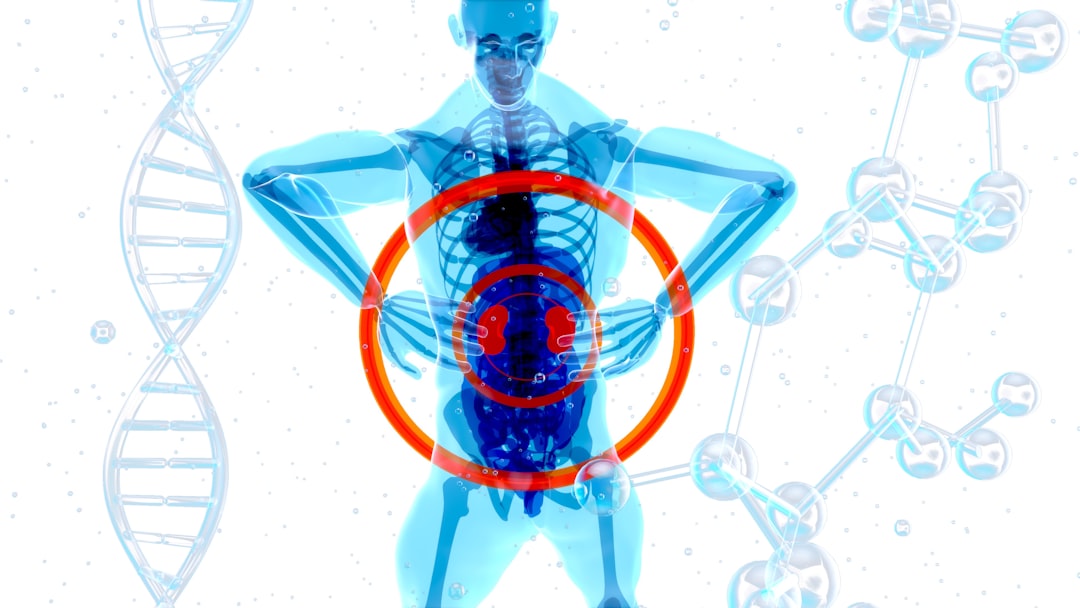What is it about?
The presence of emerging pollutants in a wastewater may affect the general efficiency of the wastewater treatment plants. Moreover, these compounds may escape traditional wastewater treatment facilities. We have shown that although caffeine and ibuprofen were almost completely removed, the degradation of metronidazole was only around 56%. It has been observed that the presence of caffeine and ibuprofen affected the nitrification, while metronidazole inhibited the denitrification process.
Featured Image

Photo by Robert Katzki on Unsplash
Why is it important?
Our work showed that the presence of caffeine, metronidazole and ibuprofen in a synthetic wastewater may result in poor removal of total carbon and nitrogen, while the combined presence of emerging pollutants in the wastewater may also deteriorate the denitrification process.
Perspectives
It was a pleasure for me to see this work published as long-term uninterrupted experiments were succesfully conducted during COVID pandemic. The experimental results obtained add to the knowledge regarding the fate and the effect of emerging pollutants on traditional biological treatment facilities.
Stavros Poulopoulos
Nazarbayev University
Read the Original
This page is a summary of: The effect of caffeine, metronidazole, and ibuprofen on continuous flow activated sludge process, Journal of Chemical Technology & Biotechnology, February 2021, Wiley,
DOI: 10.1002/jctb.6658.
You can read the full text:
Contributors
The following have contributed to this page










